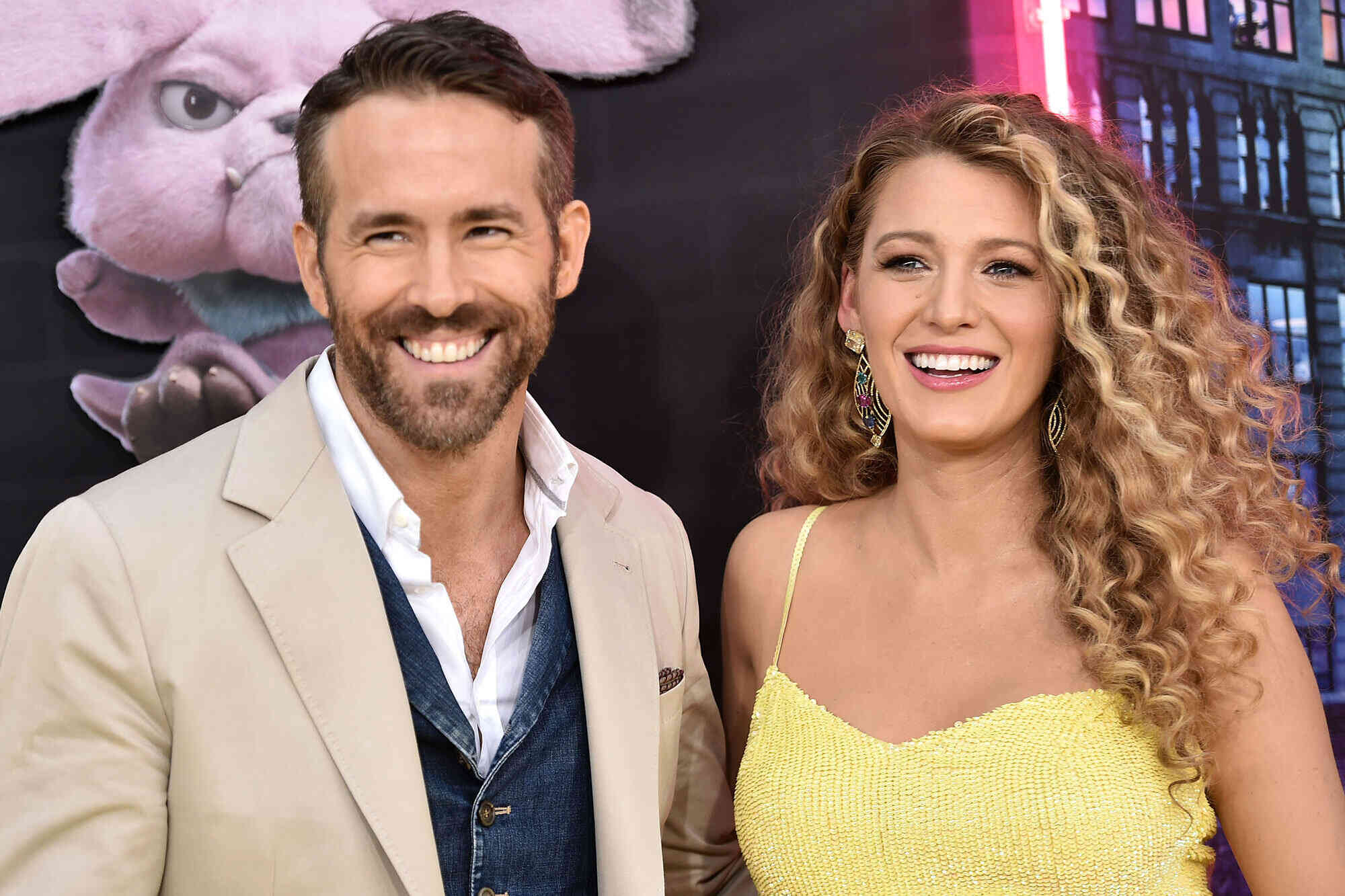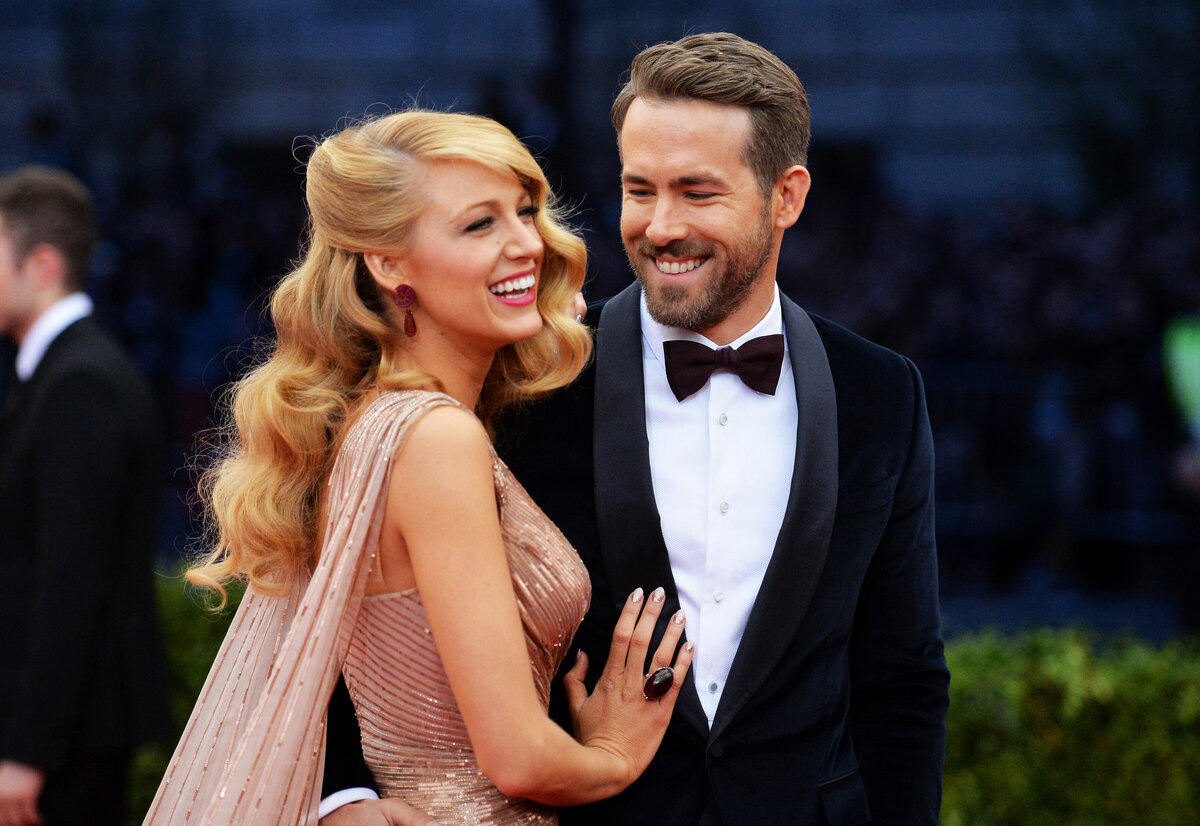
Everything to know about the Blake Lively vs Justin Baldoni lawsuit
In a stunning turn of events, actor and director Justin Baldoni has accused Hollywood icon Blake Lively and pop megastar Taylor Swift of being “bullies,” igniting a firestorm across social media. Baldoni, known for his work on Jane the Virgin and as the director of It Ends With Us, made the claims during an interview promoting his latest project.
The comments came as Baldoni attempted to address ongoing speculation about behind-the-scenes tensions on his recent film set. According to Baldoni, his professional environment has been marred by what he describes as “toxic behaviors” from high-profile collaborators.
“I’ve worked with some of the most talented people in the industry, but talent doesn’t excuse bullying,” Baldoni said. “It’s important to call out these behaviors, no matter who’s involved.”

Social Media Backlash
The fallout has been swift, with fans and critics alike voicing their opinions. Supporters of Swift and Lively have taken to platforms like TikTok and Twitter to defend the stars, pointing to their longstanding reputations as empowering figures in their respective industries.
Many have also questioned the timing of Baldoni’s remarks, given recent allegations against him from Lively herself. The It Ends With Us star filed a lawsuit earlier this month detailing a litany of alleged misconduct on the film’s set, including harassment and unprofessional behavior.

Lively’s Camp Responds
In response to Baldoni’s statements, a source close to Lively issued a sharp rebuttal. “These baseless accusations are clearly a deflection tactic. Blake has always been a consummate professional and an advocate for kindness in the workplace,” the source said.
Taylor Swift’s representatives have yet to comment, but fans have been quick to circulate past interviews in which Swift has spoken out against bullying and championed mental health awareness.

What’s Next for Baldoni?
With tensions at an all-time high, industry insiders are speculating about the potential impact on Baldoni’s career. Some are calling for accountability from all parties, while others see this as another chapter in Hollywood’s ongoing reckoning with workplace culture.
Whatever the truth may be, it’s clear this story is far from over. Fans, stay tuned—this one’s bound to keep trending.
The lawsuit filed by Blake Lively against Wayfarer Studios, its executives Justin Baldoni and Jamey Heath, and other defendants involves multiple allegations of workplace misconduct during the production of the film It Ends With Us. Key claims include:

Whispers of hidden truths
Sexual Harassment and Retaliation: Lively alleges pervasive harassment by Baldoni and Heath, including unwanted physical contact, inappropriate comments about her body, and discussions of personal and sexual experiences. She also claims retaliation for raising concerns about their conduct.
Hostile Work Environment: Instances of unprofessional behavior, such as the improvisation of intimate scenes without consent, sharing of personal and sexual experiences, and breaches of privacy in her makeup trailer, are cited as creating a toxic workplace.
Negligence and Failure to Investigate: The lawsuit accuses Wayfarer of failing to provide basic workplace protections, such as clear HR policies, and neglecting to investigate or act on complaints.

Hidden agendas unveiled here
Invasion of Privacy: Lively claims Baldoni made invasive comments about her personal life and body and attempted to access private information about her through her trainer.
Breach of Contract: Allegations include failure to comply with agreed-upon safety measures, such as using intimacy coordinators and adhering to scripted scenes.
Coordinated Retaliation Campaign: Lively alleges a calculated effort by Baldoni and Wayfarer to harm her reputation through a “social manipulation” campaign, which included astroturfing and spreading negative narratives about her online.

Feelings laid bare
Emotional Distress: The lawsuit details how these actions caused significant emotional harm to Lively and impacted her ability to work.
Lively seeks damages for these alleged violations of California law and federal workplace standards, citing harassment, retaliation, negligence, breach of contract, and intentional infliction of emotional distress.
Compensatory Damages:

Economic Loss: Reimbursement for financial harm, such as loss of income, lost business opportunities, and reputational damage that could impact her career prospects.
Emotional Distress: Compensation for severe emotional pain, suffering, and mental anguish caused by the harassment, retaliation, and hostile work environment.
Punitive Damages:

These damages are sought to punish the defendants for their intentional and egregious misconduct, including their alleged harassment, retaliation, and coordinated effort to harm her reputation through a “social manipulation” campaign.
Statutory Damages:
Damages as prescribed under California laws (e.g., California Government Code § 12940) and federal laws (e.g., Title VII of the Civil Rights Act of 1964), which address workplace harassment, discrimination, and retaliation.

Injunctive Relief:
Lively seeks measures to ensure the defendants cannot engage in similar behavior in the future. This could include court orders requiring compliance with workplace standards, prohibiting further retaliation, or mandating specific workplace safety policies.
Attorneys’ Fees and Costs:

Legal avenues beyond costs
Reimbursement for legal expenses incurred in pursuing the case, as allowed under relevant laws.
Other Relief:
Any additional relief deemed appropriate by the court to address the harm caused by the defendants’ actions.

Accountability ignites tomorrow’s change
The lawsuit emphasizes that the damages sought are intended to hold the defendants accountable for their actions and to serve as a deterrent for similar behavior in the future.
As this story evolves we will keep you updated.



